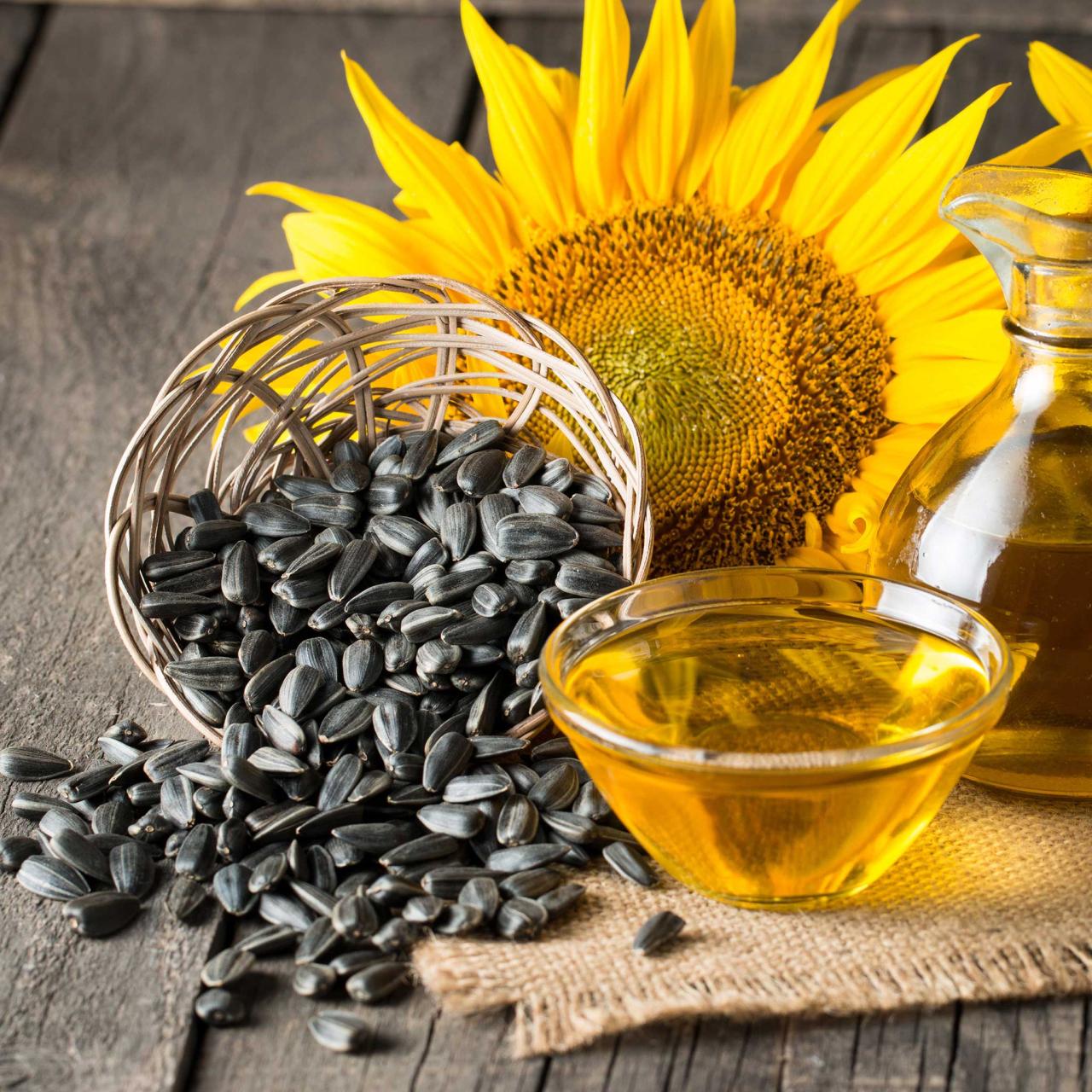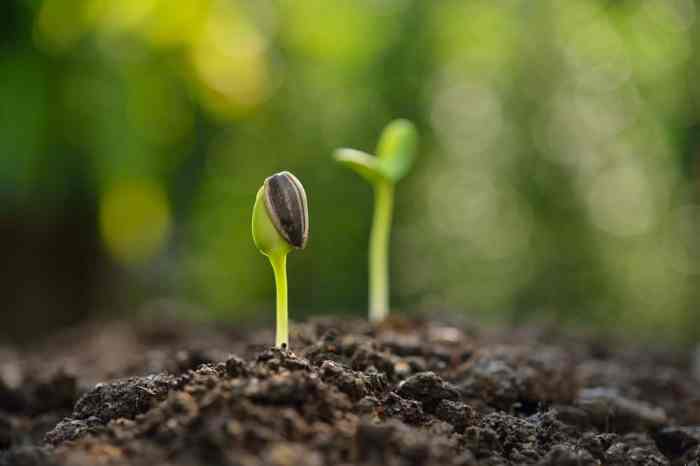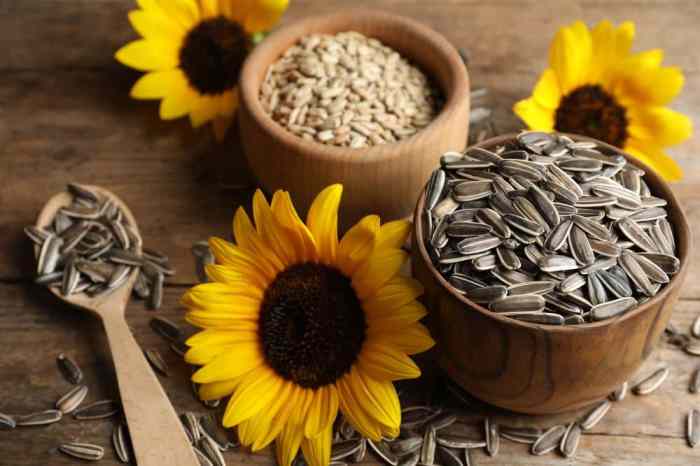Where to Buy Sunflower Seeds to Plant
Where to Buy Sunflower Seeds for Planting: Where To Buy Sunflower Seeds To Plant

Source: shopify.com
Where to buy sunflower seeds to plant – Growing sunflowers from seed is a rewarding experience, offering vibrant blooms and delicious seeds. Finding the right seeds, however, requires knowing where to look. This guide Artikels various avenues for sourcing sunflower seeds, from local retailers to online suppliers, helping you choose the perfect seeds for your garden and climate.
Finding Local Retailers
Many local businesses carry sunflower seeds suitable for planting. The selection and price will vary depending on location and time of year. Garden centers are usually a good starting point, but hardware stores and farm supply stores can also be valuable resources.
Common sunflower varieties available at these locations typically include dwarf varieties (perfect for smaller gardens), giant varieties (producing impressively tall plants), and a selection of ornamental varieties prized for their unique flower colors and forms. You might find heirloom varieties or popular hybrids depending on the retailer’s stock.
Many garden centers stock sunflower seeds for planting, but you can also find them online. Timing is key for successful germination, and understanding the optimal planting window is crucial; consider checking out this helpful guide on when to plant luffa seeds to get a sense of seasonal planting schedules. This knowledge will help you plan your sunflower planting, ensuring the best possible results from your seeds.
| Name | Address | Variety | Price |
|---|---|---|---|
| Green Thumb Garden Center | 123 Main Street, Anytown | Mammoth Russian, Dwarf Sunspot | $3.99 – $5.99 per packet |
| Ace Hardware | 456 Oak Avenue, Anytown | Sungold, Autumn Beauty | $2.99 – $4.99 per packet |
| Farmer’s Supply | 789 Pine Lane, Anytown | Giant Single, Helianthus annuus ‘Italian White’ | $4.99 – $7.99 per packet |
Online Seed Suppliers
Online seed companies offer a wider variety of sunflower seeds than most local stores, including rare and heirloom varieties. However, shipping costs and delivery times must be considered. Reputable online suppliers provide detailed descriptions of their seeds, customer reviews, and clear return policies.
Shipping costs and delivery times vary greatly depending on the supplier, location, and shipping method. Some offer expedited shipping for an additional fee. While buying online provides access to a wider selection, it lacks the immediate gratification of purchasing in person and carries the risk of seed damage during transit.
- Consider seed quality: Look for descriptions emphasizing high germination rates and disease resistance.
- Check customer reviews: Positive reviews indicate a reliable supplier with high-quality seeds and good customer service.
- Review the return policy: Understand the supplier’s policy in case of damaged or non-viable seeds.
- Compare prices: Factor in shipping costs when comparing prices from different suppliers.
Seed Selection and Types
Choosing the right sunflower seeds depends on your garden space, climate, and desired outcome. Dwarf varieties are ideal for containers or small gardens, while giant varieties require more space. Ornamental varieties are selected for their aesthetic appeal, with unique flower colors and forms. Climate considerations are crucial; choosing varieties adapted to your local conditions ensures better germination and growth.
| Variety | Height (ft) | Bloom Time | Yield |
|---|---|---|---|
| Dwarf Sunspot | 1-2 | 60-70 days | Moderate |
| Mammoth Russian | 8-12 | 70-80 days | High |
| Autumn Beauty | 4-6 | 75-85 days | Moderate |
Seed Starting and Planting, Where to buy sunflower seeds to plant

Source: thedailygardener.com
Starting sunflower seeds indoors gives them a head start, allowing for earlier blooms. Begin by sowing seeds in small pots filled with seed-starting mix. Maintain a warm temperature (around 70°F), consistent moisture, and bright, indirect light. Once seedlings develop several true leaves, they can be transplanted outdoors after the last frost.
Prepare the soil by loosening it to a depth of at least 12 inches, incorporating compost or other organic matter to improve drainage and fertility. Plant seeds about 1 inch deep and 6-12 inches apart, depending on the variety. Consistent watering is essential, especially during dry spells.
Alternative Sources for Seeds
Saving seeds from previous harvests is a cost-effective and environmentally friendly way to obtain seeds, provided the plants were healthy and produced viable seeds. Local farmers’ markets sometimes offer seeds from local growers. However, it’s crucial to ensure seed viability and freedom from diseases, regardless of the source. Proper storage and handling techniques are essential for maintaining seed quality.
Illustrative Examples of Sunflower Varieties

Source: healthifyme.com
The ‘Mammoth Russian’ sunflower boasts impressive height (8-12 feet), large yellow flowers, and abundant, large seeds. It thrives in full sun and well-drained soil. ‘Dwarf Sunspot’ offers a striking contrast, remaining compact (1-2 feet tall) with dark brown centers and golden yellow petals. Its smaller size makes it perfect for containers or small gardens. ‘Autumn Beauty’ presents a unique aesthetic with its reddish-brown petals and tall stature (4-6 feet), blooming in late summer for a stunning autumn display.
Question Bank
Can I save seeds from my sunflowers to plant next year?
Yes, you can! Allow the sunflower heads to dry completely on the plant before harvesting the seeds. Ensure the seeds are fully mature and dry before storing them in a cool, dry place for planting the following season. However, be mindful that saved seeds might not always be true to type.
What is the best time to plant sunflower seeds?
The best time to plant sunflower seeds depends on your location and climate. Generally, it’s best to plant after the last frost when the soil is warm. Check your local frost dates for the most accurate timing.
How deep should I plant sunflower seeds?
Plant sunflower seeds about 1 inch deep and 6-12 inches apart, depending on the variety.
What if my sunflower seeds don’t germinate?
Several factors can affect germination. Ensure the soil is adequately moist but not waterlogged, the temperature is suitable, and the seeds are viable. If many seeds fail to germinate, consider purchasing fresh seeds from a reputable source.





















